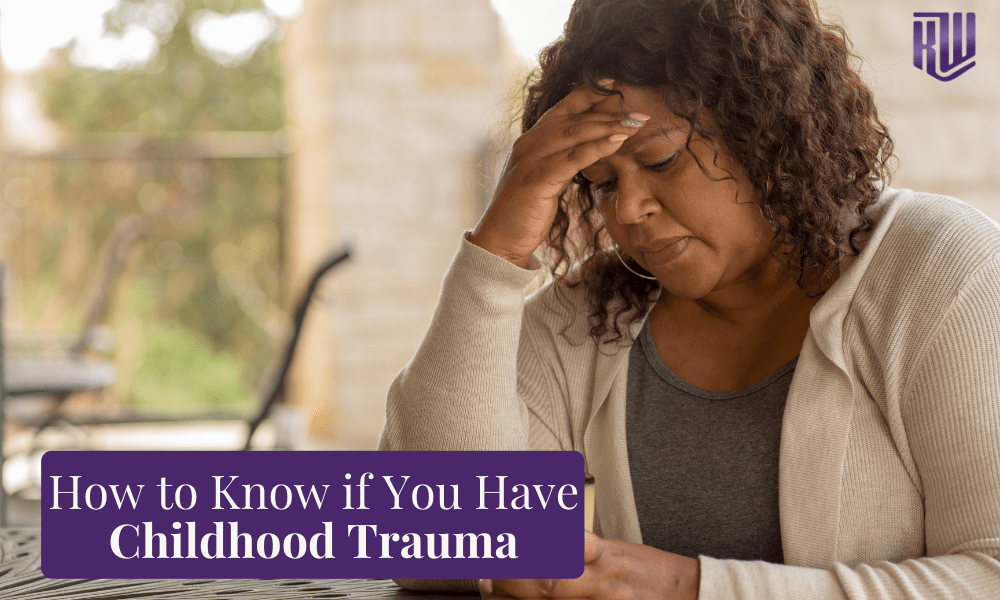How to know if you have childhood trauma? Most people incorrectly assume that childhood trauma is only created by the typical devastating mistreatment often written about in the media and news. However, it does not require such devastation, and therefore, all of us have been through childhood trauma. This Best Day Blog article aims to bring that truth into reality and consciousness. Living in truth is critical for us to live the happy, healthy, and safe lives we deserve.
Childhood trauma happens more often than you think?
As a child, how often were you told, ‘Not right now, just go watch tv, go play in your room, and I’ll be up in a minute!’ How many times as a parent have you said that? If you’re like an average parent, you’ve probably said those same comments thousands of times to your children.
These experiences are traumatic.
It might seem nit-picky to say little comments like those are traumatic. Still, the accumulation of the emotional injuries we all experience are traumatic to our brain and body.
Parenting is Hard!
Of course, there will always be examples of severe trauma that can result in very difficult adulthoods and childhoods, but the small stuff causes trauma too. The little comments, looks, abandonments – it’s all normal. Parents get exhausted, feel drained, and need a moment to themselves. It’s ok to admit that sometimes we don’t have the energy to parent. But, in those moments, your child knows it.
This brings to light how overwhelming the job of parenting can be. To leave your child without any wounds, you need to be perfect in every moment, which isn’t humanly possible. But, you are not to blame – no parent is to blame.
Parents must live in truth and take responsibility.
It’s essential to be able to listen to your child and what they say about your imperfections. Admitting our mistakes is not easy, but as parents, we must take ownership of our perfect imperfections and accept that we leave wounds in our children. Furthermore, any struggle that our child is having is, in part, a direct result of our perfectly imperfect parenting of them. For a parent not to acknowledge that mistakes were made and that those mistakes are showing up in their child’s life is the most traumatic. That is a complete lack of regard for a child’s inherent value and worth. Denial on that level communicates that the child doesn’t even exist.
By learning to do this, you can teach your child not to be falsely empowered but rather own up to when we’re wrong with humility and grace.
Parents often reach out to me with issues their children are facing. It’s as though they think their child was raised in a vacuum. For a long time, behavioral science has shown that we become our childhood, particularly the first three years of life. Those years are critical, but so many people are oblivious to this fact – your child’s struggles directly reflect your internal struggles, no matter their age. If you see this, it’s time to look in the mirror, look inwards, and start your healing journey to recover from what you’re struggling with.
To help your child heal your childhood trauma.
Healing can take shape in many different ways. It starts with recognizing the patterns and behaviors we are passing down. This requires an awareness of our childhood experiences. We can then make an intentional effort to change by taking ourselves out of the loop of habit. The result is a positive impact on our child’s emotional development.
Unless someone takes responsibility for generations of perfect imperfections, all being passed through you to your child, the pattern will continue. This requires confronting our denial and mastering our emotions.
If you are interested in beginning your healing journey, these links will help you
1- My book, Your Journey To Success
2– My Complete Emotional Authenticity Method
3– My Perfectly Imperfect Private Group
Learn more here:





